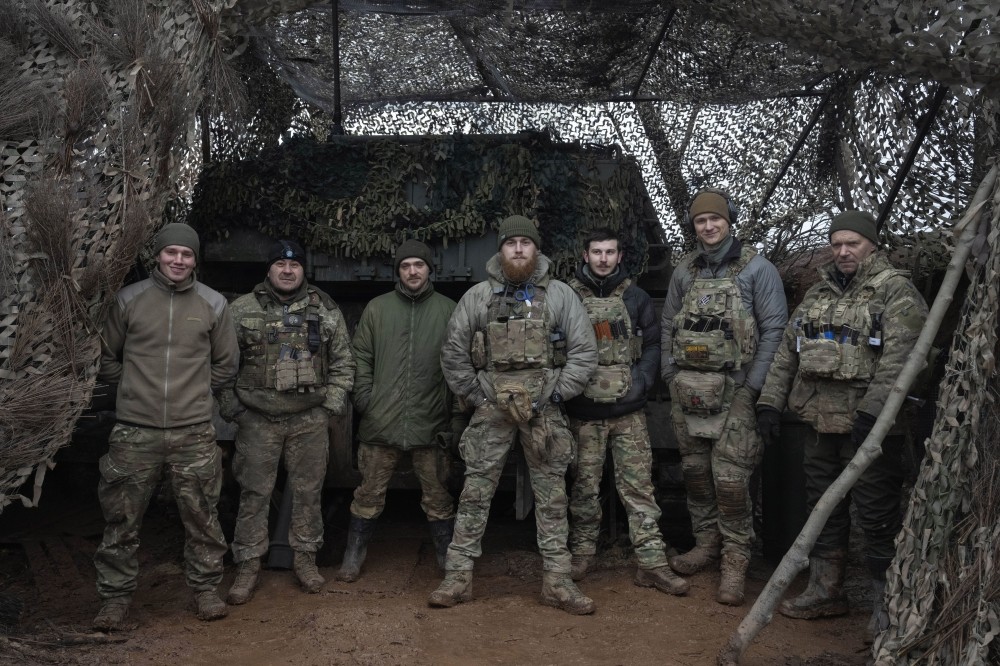11/06/2024
11/06/2024

KYIV, Ukraine, June 11, (AP): The US has removed restrictions on the transfer of American weapons and training to a high-profile Ukrainian military unit with a checkered past, the State Department said on Tuesday.
The move will help the Azov Brigade, among Ukraine's most effective and popular fighting units, move beyond its reputation as a far-right movement, a perception its commanders have been trying to dispel as Russian propaganda.
The State Department applied the Leahy vetting process to the Azov Brigade, which has been absorbed into Ukraine's National Guard as the 12th Special Forces Brigade. US laws prohibits providing providing equipment and training to foreign military unit or individuals suspected of committing gross human rights violations. The State Department found "no evidence of Gross Violations of Human Rights (GVHR) committed by the 12th Brigade Azov,” according to a statement.
"This is a new page in our unit's history,” the Azov Brigade wrote in a statement on Instagram. "Azov is becoming even more powerful, even more professional and even more dangerous for occupiers.”
"Obtaining western weapons and training from the United States will not only increase the combat ability of Azov, but most importantly, contribute to the preservation of the lives and the health of personnel,” the statement said.
Up until the State Department's decision, a provision in the US appropriations law prohibited the Azov from sending fighters to Western military exercises or access weapons bought with American funds. Lifting the ban will likely bolster the brigade's fighting capacity at a difficult time during the war against Russia's invasion. Ukraine suffers from persistent ammunition and personnel shortages.


